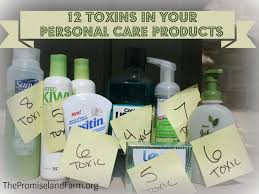Join WCPP for a special screening of STINK at the Wellesley Public Library!! Learn what is inside your household products and the potential harm they could be doing!
Toxic Chemicals in Wellesley? Come to April 5 Movie & Discussion

Join us at this important April 5, 2021 movie screening at the Wellesley Library…
The Wellesley Cancer Prevention Project (http://wcpponline.org/ ) and the Wellesley Free Library are jointly sponsoring a FREE screening and discussion of “STINK” – the award-winning documentary the chemical industry doesn’t want you to see!!
After giving his daughters new pajamas for Christmas and noticing a “foul smell” when opening the packages, father and filmmaker Jon Whelan began what The Boston Globe called “a Michael Moore-type investigation” to expose toxic chemicals in common household goods (e.g. “Axe” body spray, perfumes, shampoos, clothing, etc).

Increases in incidence of diseases like cancer, reproductive problems, obesity and diabetes, parallels the growth hidden toxic chemicals in products in our homes!
Click here to watch a video trailer for STINK The Movie.
Come watch the movie and see for yourself:
What: Free screening and discussion of “STINK” (#StinkMovie)
When: Wednesday, April 5, 2021 at 7PM
Where: Wellesley Free Library, Wakelin Room
Click here for a flyer for this event.
Please spread the word @WCCPonline to your neighbors and friends on social media:
Fragrances’ Link to Cancer Movie - Join @WCCPonline on 4-5-17 @ 7PM Wellesley Free Library for #STINKTheMovie
Hope to see you on April 5!